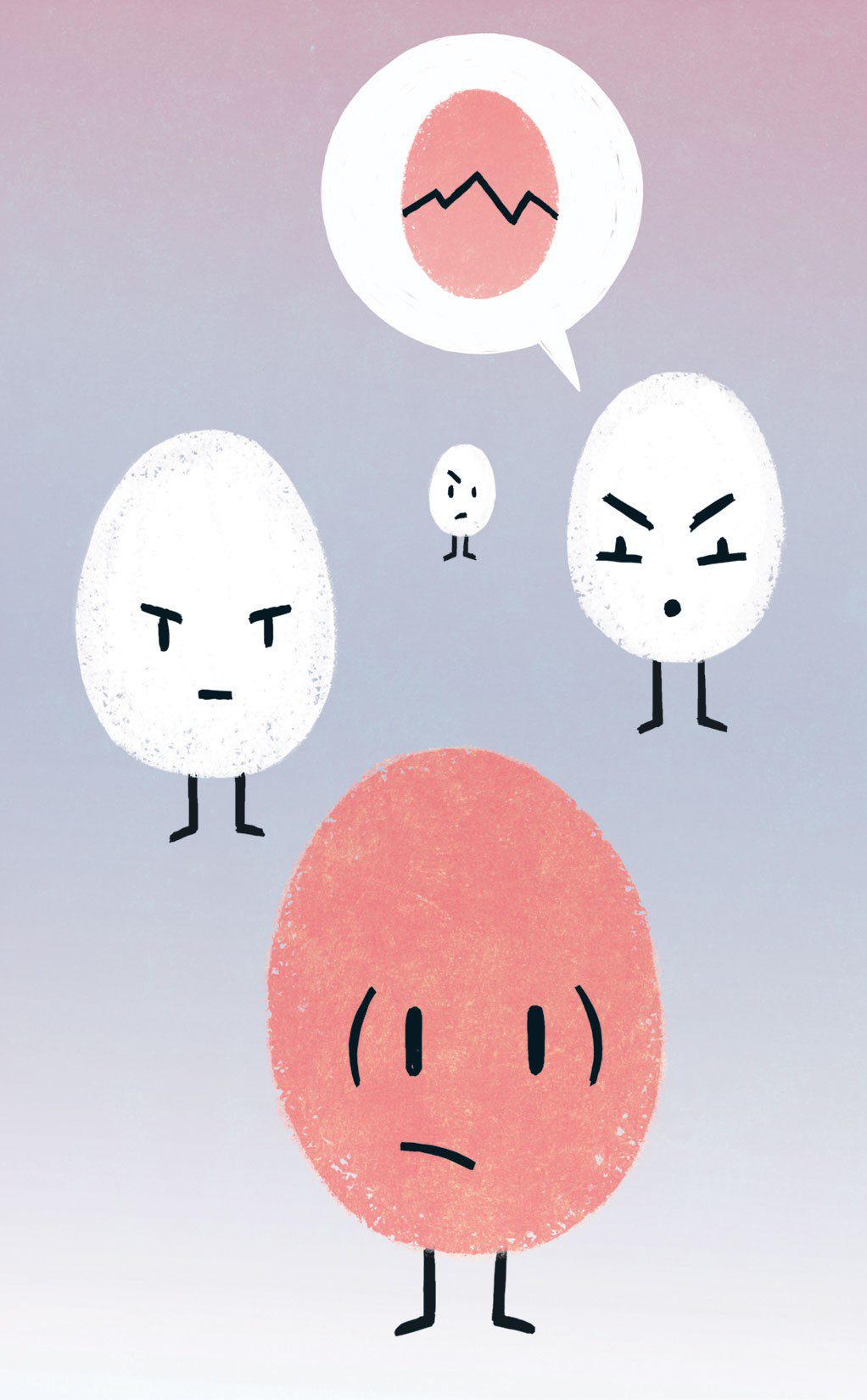

I’ve been spending a lot of time lately thinking about myself and my sexuality and my romantic self. I can log on and easily find someone to fuck. I’m a bear-built top guy. There are ladies in my life who choose to share their beds with me. I can find subs to tie up and torture. (I’m kinky and bi.) What I can’t find is a long-term partner. The problem is that after I fuck/sleep with/torture someone, my brain stops seeing them as sexual and moves them into the friend category. I have friends that I used to fuck regularly, that now it’s a chore to get it up for. Sure, the sex still feels good, but it’s not passionate. And when it’s all said and done, they’re still in the “friend” category in my brain. Some of them have suggested being more, but I’ve recoiled. There’s nothing wrong...


